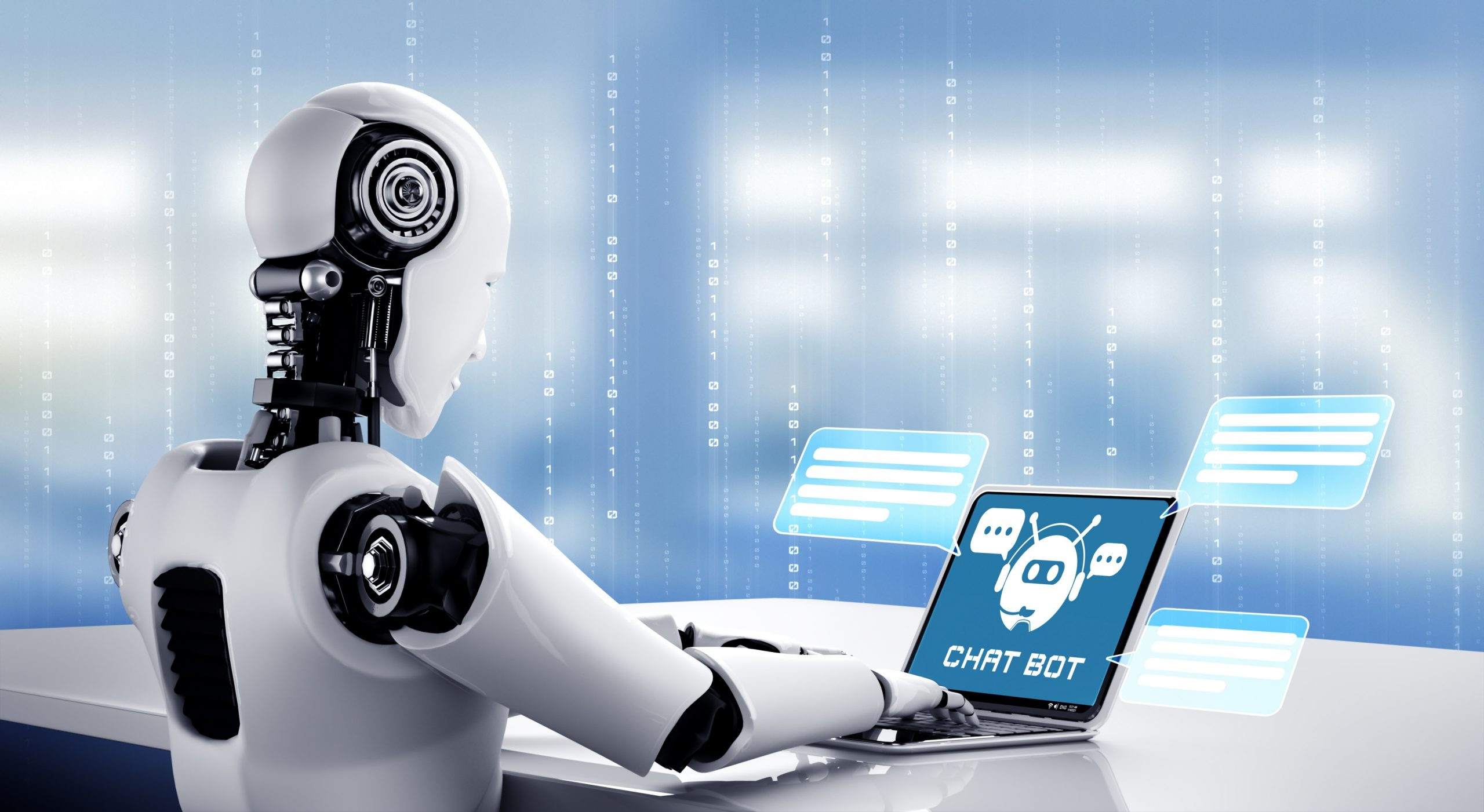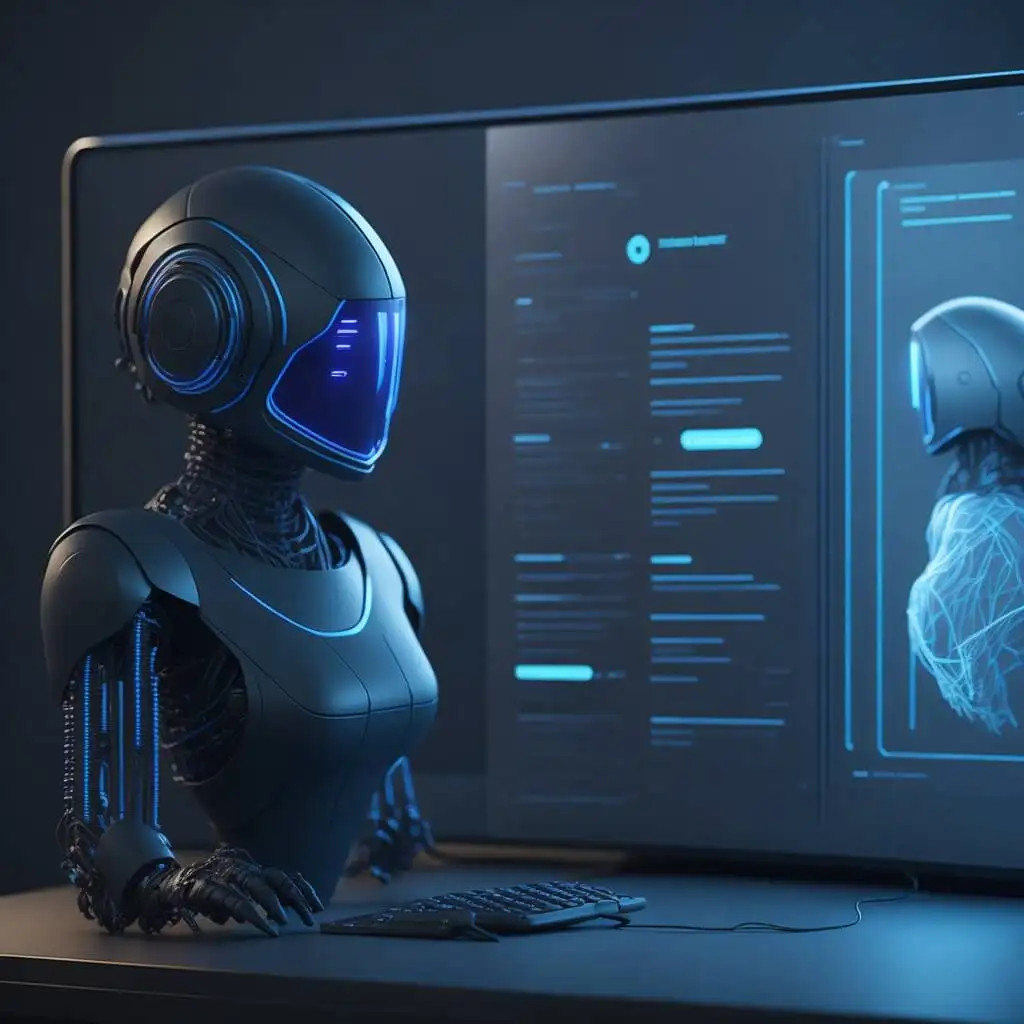The Rise of AI Chatbots: A New Era in Customer Service
Artificial intelligence (AI) is rapidly reshaping various industries, and customer service is no exception. AI-powered chatbots are emerging as a game-changer, promising to revolutionize how businesses interact with their customers. These intelligent virtual assistants are designed to understand and respond to customer queries, offering instant support and personalized experiences.
The adoption of AI chatbots has surged in recent years, driven by the growing demand for 24/7 availability, faster response times, and cost-effectiveness. Businesses across sectors are leveraging chatbots to handle routine inquiries, resolve simple issues, and even provide personalized recommendations. This shift towards automated customer service is expected to continue as AI technologies advance and become more sophisticated.
The Advantages of AI Chatbots
24/7 Availability and Instant Support
One of the most significant advantages of AI chatbots is their ability to provide continuous support. Unlike human agents, chatbots are available around the clock, responding instantly to customer queries, regardless of the time of day or week. This 24/7 availability is particularly valuable for businesses with global operations or those serving customers in different time zones.
Reduced Response Times and Increased Efficiency
AI chatbots can process information and respond to queries much faster than human agents. They can instantly access and analyze vast amounts of data, providing customers with quick and accurate answers. This reduced response time leads to increased customer satisfaction and efficiency, allowing businesses to handle more inquiries with fewer resources.
Personalized Experiences and Targeted Recommendations
AI chatbots can leverage customer data to provide personalized experiences and targeted recommendations. By analyzing past interactions, purchase history, and preferences, chatbots can tailor their responses to individual customers, creating a more engaging and relevant experience. This personalization can also help businesses drive sales and improve customer loyalty.
Cost Savings and Reduced Operational Costs
Implementing AI chatbots can significantly reduce operational costs. By automating routine tasks and handling a large volume of inquiries, businesses can free up human agents to focus on more complex issues that require human expertise. This reduction in labor costs and increased efficiency can lead to substantial cost savings for businesses.
The Challenges of AI Chatbots
Limitations in Understanding Complex Queries
While AI chatbots have made significant strides in natural language processing, they still struggle to understand complex queries or nuances in human language. This limitation can lead to frustrating interactions where the chatbot fails to understand the customer's intent or provides inaccurate information.
Lack of Emotional Intelligence and Empathy
One of the biggest challenges of AI chatbots is their lack of emotional intelligence and empathy. Unlike humans, chatbots cannot understand or respond to emotions, which can make them seem cold and impersonal to customers. This lack of empathy can be particularly challenging when dealing with sensitive issues or customer complaints.
Concerns about Job Displacement
The rise of AI chatbots has sparked concerns about job displacement in the customer service sector. As chatbots become more sophisticated, they may be able to handle a wider range of tasks, potentially replacing human agents in certain roles. This potential job displacement has raised concerns about the future of work and the need for workers to adapt to new skills and technologies.
The Future of AI Chatbots: A Symbiotic Relationship?
The future of AI chatbots is likely to involve a symbiotic relationship between humans and machines. Instead of replacing human agents altogether, chatbots are more likely to become valuable tools that augment human capabilities. Chatbots can handle routine tasks and provide initial support, while human agents can focus on more complex issues and provide personalized care.
This symbiotic approach allows businesses to leverage the strengths of both AI and human intelligence, ensuring a positive customer experience while maintaining a human touch. As AI technology continues to evolve, we can expect to see even more innovative applications of chatbots in the customer service industry.
Conclusion: Embracing the AI Revolution in Customer Service
AI chatbots are undoubtedly transforming customer service, offering businesses numerous advantages in terms of efficiency, cost savings, and customer satisfaction. However, it's essential to acknowledge the limitations of this technology and address the concerns around job displacement. The future of customer service lies in a harmonious blend of AI and human intelligence, where chatbots serve as powerful tools to enhance human capabilities and deliver exceptional customer experiences.
The adoption of AI chatbots is inevitable, and businesses need to embrace this technological revolution to remain competitive in the evolving landscape of customer service. By strategically implementing chatbots and fostering a symbiotic relationship between AI and human agents, businesses can reap the benefits of this technology while ensuring a positive customer experience and a thriving workforce.


















